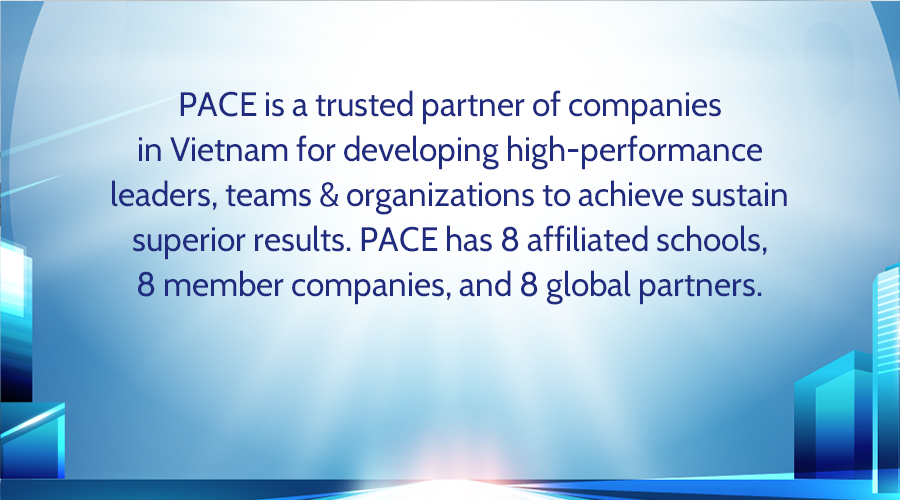For many CFOs, the balance between work and life is difficult. For them, time is mostly to "wrestle" with each figure, the pressure of each revenue not only that CFOs sometimes also involved in strategic planning and leadership.
One could point to almost any finance chief at a big company, or a struggling one, or one that’s growing fast or starting up, and say with a fair degree of confidence, “that person is a workaholic”. But is that a good thing? Not according to someone who should know: Jack McCullough, who has served as finance chief for no fewer than 26 startup companies. “Being a workaholic is a mistake,” he said during a webinar he recently presented. “Workaholics are not the best long-term performers. There are times in all of our careers when we have to work 80 or 90 hours a week and forgo other things. But it’s not a wise long-term strategy.”
Jack McCullough is the founder and chief executive of the CFO Leadership Council. In that capacity, he’s gotten to know hundreds of finance chiefs. He had a long time exposure as well as chatting with a lot of political and financial director that experience helped him understand the details of the CFO position.

In McCullough’s view, a good formula for a successful CFO includes a lot of “other things”: Work, family, community service and “learning”. So important is striking a healthy work-life balance that McCullough included it in a list of 10 “Habits of Highly Effective CFOs”.
1. Providing ethical leadership
Overall, the finance chiefs McCullough interviewed identified this as the most important characteristic. “CFOs seldom lie, they just tell the truth and right. They must be so because the numbers do not lie. They need to provide full and correct all information related to the work they undertake. And they always have to evaluate the needs of both parties, from shareholders and investors to employees and customers”.
2. Think Strategically
CFOs take an active, not reactive, approach to their role. Your financial expertise and strategic thinking are invaluable.
3. A trusted adviser
That, of course, means advising the CFO’s immediate boss, the CEO. McCullough as stressed: "The mentors are sometimes even more credible professional advisors from outside because the CFO will understand the situation and will provide practical workarounds and most thorough”.
4. Master Deal Making
CFO need to share the information needed to support problem-solving together.
5. Proactively
Effective CFOs are forthright in their communication style. If there’s bad news, they don’t spin it, hide it, or delay it. Their communications are “timely, clear, brief, truthful, and once in a while they need to be compelling, although the other four are more important.”

6. Perform Cross-Functionally
Most of the CFOs McCullough interviewed said they like working outside finance more than within it. “A lot of them told me that they’re the best person in the company at selling, the best recruiter, the best fund-raiser, the best deal-maker. They didn’t say this in a cocky way. A lot of it is the trust factor”.
One CFO in San Francisco told him that while it’s virtually impossible to hire a lead engineer in the area, he was able to do it.
A person good at an expert but still "quite" in other fields, eventually they will "quite" in many fields, from which underlies the building became the most functionality.
7. Building elite teams
Let's build a team that can be paralleled in the "marketplace" rather than creating a team to help support its position.
8. Maintaining financial expertise
McCullough noted that every year recently there have been more financial restatements than the previous year. So a professional CFOs need to understand the situation and grasp the opportunities for business development companies.
9. Learning
It is impossible to remain on the cutting-edge of your profession or industry within a cocoon. “Study, study more, study forever” - more and more learn will open up many opportunities for personal growth and more.
10. Maintain a Work-Life Balance
It can be said is a major challenge to those who do CFO. Change your way of thinking first and then gradually change their habits in order to balance work and life effectively.
Source CFO.com









.jpg)
.jpg)
